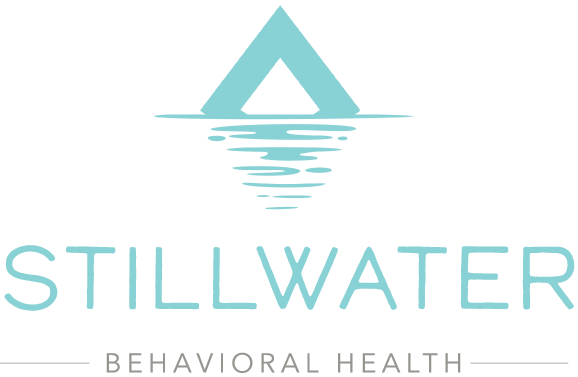
Alcohol Overdose
Learn about the signs of alcohol overdose, how it happens, and what to do if you think someone is overdosing.
What Is an Alcohol Overdose?
In the United States, approximately 95,000 people die from alcohol-related causes each year. Alcohol ranks number three among the leading causes of preventable deaths in the United States. Alcohol accounts for about 18% of all emergency department visits and about 22% of prescription opioid-involved overdose deaths.1 These alcohol overdose statistics illustrate the dire need for overdose awareness and overdose prevention.
Questions about addiction?
Call Us Now: 1-866-232-9103
Your call is confidential with no obligation required to speak with us.
Alcohol Overdose Statistics
- Between 2006 and 2014, alcohol-related emergency department visits rose 47%
- In 2019, 28% of all driving fatalities were alcohol-related
- In 2010, alcohol abuse cost the U.S. approximately $249 billion
What Is a Standard Drink?
- Beer (about 5% alcohol) - 12 fl. oz
- Malt Liquor (about 7% alcohol) - 8-9 fl. oz
- Wine (about 12% alcohol) - 5 fl. oz
- Distilled Spirits (about 40% alcohol) - 1.5 fl. oz
How Much Alcohol Does it Take to Overdose?
What Causes Someone To Overdose On Alcohol?
Blood Alcohol Concentration (BAC)

What Happens To Your Body When You Have Alcohol Poisoning?
Critical Signs and Symptoms
If you suspect alcohol poisoning or notice symptoms of alcohol overdose, it’s critical to call 911 for medical assistance immediately. Contrary to popular belief, sleeping it off, cold showers, and a cup of coffee will not help a person suffering from an alcohol overdose.2
Complications
When a person is heavily intoxicated, their body may develop dulled responses and lose its gag reflex. This issue puts the individual at high risk of choking on their vomit. Permanent brain damage can be the result of complications such as unconsciousness and choking.2
What Should You Do If You Think Someone May Have Alcohol Poisoning?
Call 911
Do Not Leave the Person Alone
Help Sit Up the Person
How Can You Prevent Alcohol Overdose?
Drink In Moderation
Do Not Drink On An Empty Stomach
Talk To Teens
Store Products Safely
Receive Follow-Up Care
Getting Treatment for Alcoholism After An Overdose
Seek Professional Help
Inpatient Treatment
Outpatient Treatment
Therapies
Resources
- https://www.niaaa.nih.gov/publications/brochures-and-fact-sheets/alcohol-facts-and-statistics
- https://www.niaaa.nih.gov/publications/brochures-and-fact-sheets/understanding-dangers-of-alcohol-overdose
- https://www.cdc.gov/vitalsigns/alcohol-poisoning-deaths/index.html
- https://www.cdc.gov/alcohol/fact-sheets/moderate-drinking.htm
- https://www.education.vic.gov.au/documents/school/teachers/health/factsheet42011.pdf
- https://childmind.org/article/teaching-teen-binge-drinking/
- https://www.ncbi.nlm.nih.gov/pmc/articles/PMC3407279/
- https://www.niaaa.nih.gov/publications/brochures-and-fact-sheets/treatment-alcohol-problems-finding-and-getting-help


